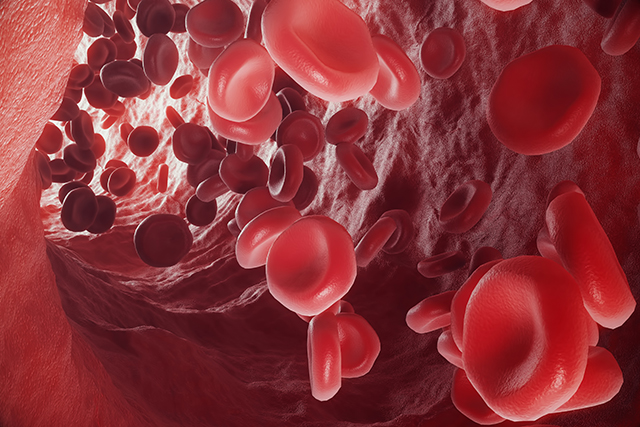Vitamin D supplements found to be associated with weight loss in obese children, says study
04/20/2019 / By Zoey Sky

Vitamin D improves muscle function and keeps your bones and teeth strong. According to a study, vitamin D supplementation could even promote weight loss in obese children.
The researchers presented their study findings at the 57th Annual European Society for Paediatric Endocrinology (ESPE) meeting in Greece.
Vitamin D supplementation and childhood obesity
Childhood obesity is an epidemic that continues to affect children in the U.S. and the whole world, and health experts are continuously looking for effective solutions to address this worrying concern. But according to the results of the study, vitamin D supplementation reduces obesity among children. The vitamin can even help lower other health risks.
Vitamin D helps the body absorb calcium so the bones and teeth stay healthy. However, the body is unable to produce the vitamin on its own. It can also be difficult to get enough vitamin D from food. In fact, most of the vitamin D that people get comes from sunlight or foods like fish. (Related: 10 Reasons why vitamin D is essential for your health.)
This isn’t the first study that examined the link between vitamin D and obesity.
Dr. Christos Giannios, the study’s lead author from the University of Athens Medical School, noted that existing data on the subject is controversial, which is why he and his fellow researchers conducted the study to determine if vitamin supplementation is a safe method to use in young patients with obesity.
In the study, the researchers found that giving participants more vitamin D reduced their body mass index (BMI) and cholesterol, unlike those who didn’t get additional vitamin D. However, it remains unknown if the extra vitamin D was responsible for the weight loss. Dr. Giannios posited that the results imply that vitamin D does have a role in obesity. However, determining that role conclusively is still a work in progress.
Dr. Scott Kahan, who is the director of the National Center for Weight and Wellness, commented that the research was interesting, especially since it adds to the curiosity concerning the link between vitamin D and weight loss.
Kahan cautioned that the findings should be taken with a grain of salt. He added that compared to the others, vitamin D supplementation seems to be one of the most reasonable options to consider because most individuals don’t get enough vitamin D from food and that they’re not out in the sunlight as much as they need to be.
Warnings about hypercalcemia
While vitamin D deficiency is a cause for concern, the other side of the coin is, too. Excess vitamin D causes hypercalcemia, or too much calcium in the bloodstream. Symptoms of hypercalcemia include confusion, fatigue, and weaker bones and muscles.
Before you start giving vitamin D supplements to your kids, consult a pediatrician to help you determine if a vitamin D blood test is necessary.
Kahan hopes that researchers will continue to study the effects of vitamin D on obesity since it is crucial to finding a natural and effective way to promote weight loss in overweight children.
Giannios added that regular vitamin D screenings may be necessary, especially for obese children since they are more likely to be deficient. He warned that vitamin D supplements aren’t necessarily recommended for children who have normal vitamin D levels.
Giannios and his colleagues plan to continue their research on how vitamin D supplementation will benefit children who already have high blood pressure, high cholesterol, or other risk factors for cardiovascular disease and other dangerous health conditions.
Tips to prevent childhood obesity
As with other health problems, the best cure for obesity is prevention. The following lifestyle changes will promote healthy eating habits among your family members and reduce their risk of becoming obese:
- Manage your children’s screen time. The less time they waste on their phones or gadgets, the more time they spend being active and playing outdoors.
- Encourage healthy eating habits. Use spices and herbs to make flavorful and nutritious meals that everyone will enjoy eating.
- Stock up on fresh fruits and vegetables and whole-grain products.
- Serve lean meats, poultry, fish, lentils, and beans for protein, and stick to reasonably-sized portions.
- Encourage your family to drink lots of water throughout the day.
- Limit their consumption of sugary beverages and foods that contain too much sugar and saturated fat.
Keep your whole family healthy by encouraging regular physical exercise, following a nutritious diet, and supplementing with vitamin D whenever necessary.
Sources include:
Tagged Under: #nutrition, childhood obesity, children's health, diet, fruits and vegetables, health, hypercalcemia, natural health, nutrients, obese children, obesity, overweight, slender, sun, supplements, vitamin D, vitamin D deficiency, weight loss


















